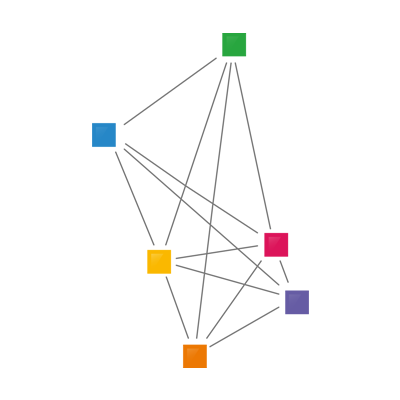Supporting the knowledge economy
5 Apr 2019 15:30h - 16:15h
Event report
[Read more session reports and live updates from the 2nd Western Balkan Digital Summit]
Mr Eduard Shalsi (Minister of State for the Protection of Entrepreneurship) believes that until the region realises that it should invest in digitalisation, it will be left behind. It is hard to reform properly unless there are investments in place. Shalsi believes that there is an imperative to prepare the education system for the digitalisation era. In Albania, there are increased investments in HUBs and the relevant laws are also changing accordingly.
Mr Nenad Paunović (Co-Founder, Belgrade Venture Forum) said that programming has been introduced starting from the fifth grade of elementary schools as optional, but as obligatory from the sixth grade. Children are learning from Python to Algorithmic Thinking. The following changes have been introduced: digital books in primary schools, IT classes especially dedicated for children talented for ICTs, the number of students in IT Universities has increased, faculties have got new equipment and spaces. Paunović informed the audience about new science-tech parks currently being built in the cities of Novi Sad and Niš, as well as nine startup centres being financed throughout Serbia. As a result of the state’s strategy, companies are exempted from paying taxes which enables a competitive marketplace. Paunović noted that Serbia is working hard on creating the best environment for companies so that they do not go abroad but are able to operate from Serbia the same way as they would from any other developed county in the world.
Ms Marta Shehusaimi (J Coders Academy) said that education and technology should be common knowledge. She expressed her concern when it comes to ‘if what we are teaching children is really helping them for the future’. According to her, many studies indicate that children thrive in environments which are student-centric, with empowered teachers, good infrastructure, and which inspired children to believe ‘they can change the world’. Studies show that the most successful companies do not wait for but react to the changes they incite. In one of the J Coders activities, they engaged high schools to develop a SEP work programme to give them real ICT work experience. Their programme’s value propositions are the structured curriculum, training for trainers, observation and recommendations for the 21st century classroom, community building, competition organisations, and experience design competences.
Ms Valentina Taseva (CEO, Semos Education) said that digital technologies are significantly impacting the economies. In North Macedonia, there are 2308 ICT companies and 13514 employees in ICT companies. 800 million euro is the revenue from the export of services, while Serbia is approaching 2 billion, only from the export of ICT services. The number of new jobs created in 2018 in the Western Balkans is 91400, but still, this number is lower than in 2017 because people are leaving the region. Taseva concluded that a systematic approach at different levels is needed through training, measurement of the training results, certification and reporting data, and finally it will bring work for employers.
By Aida Mahmutović
Related topics
Related event

